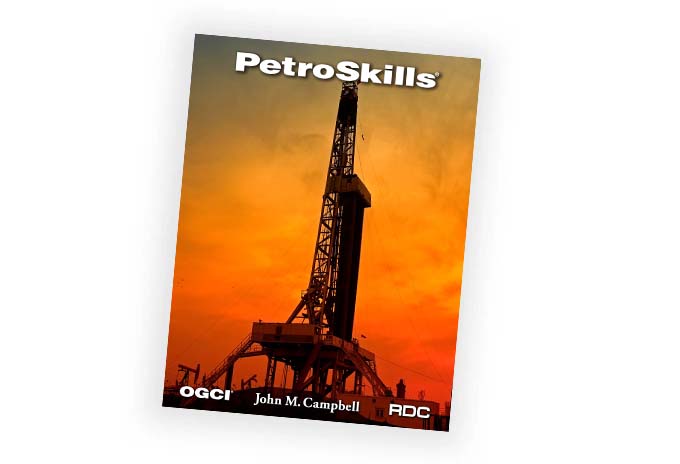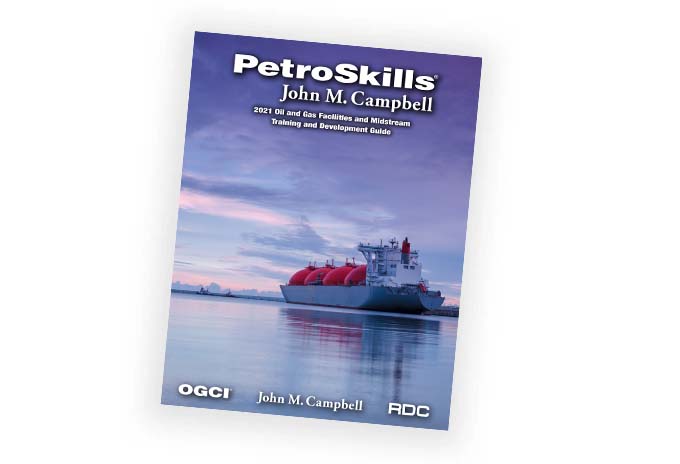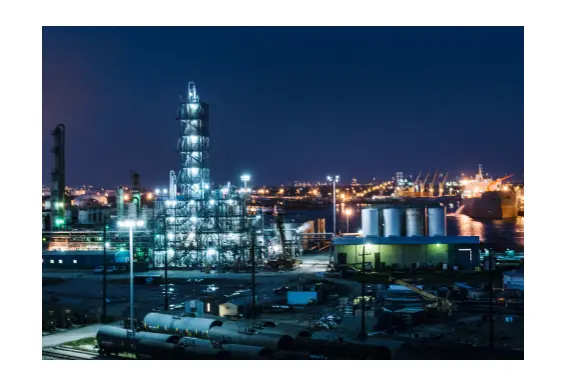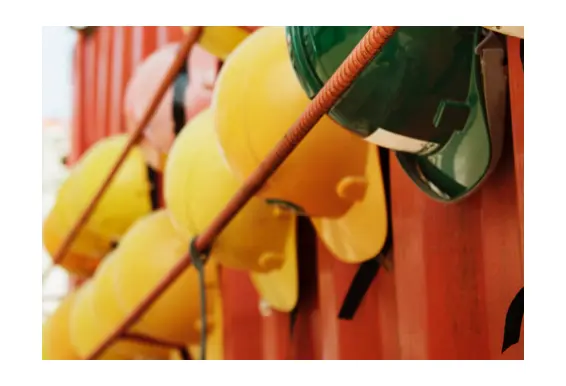Refrigeration, NGL Extraction and Fractionation
e-Learning
About the eLearning Course
This skill module explains the concepts of mechanical refrigeration, valve and turbine expansion, and NGL extraction systems. The skill module also explains the process of fractionation in oil and gas operations.
Target Audience
Production and processing personnel involved with natural gas and associated liquids, to acquaint or reacquaint themselves with gas conditioning and processing unit operations. This course is for facilities engineers, process engineers, senior operations personnel, field supervisors, and engineers who select, design, install, evaluate, or operate gas processing plants and related facilities. A broad approach is taken with the topics.You Will Learn
Participants will learn how to:
- List the most common applications of refrigeration in oil and gas processing
- Review the operation of a mechanical refrigeration system, and describe the effect of condenser and chiller temperature on compressor operation and energy consumption
- Explain why economizers are commonly used in mechanical refrigeration systems
- Describe factors that are considered in selection of a refrigerant, and explain cascade refrigeration and why it is used
- Explain the operation of expansion refrigeration processes (valve and turboexpander)
- List the common process configurations for the different levels of NGL extraction (including HCDP control)
- Understand the difference between stage separation and fractionation
- Define relative volatility and how it affects the difficulty of separation
- Explain how a fractionator (distillation column) separates components, and describe the operation and purpose of the reboiler, condenser, reflux accumulator, and pump
- List types of internals used in fractionators to achieve mass transfer, and describe their advantages and disadvantages




